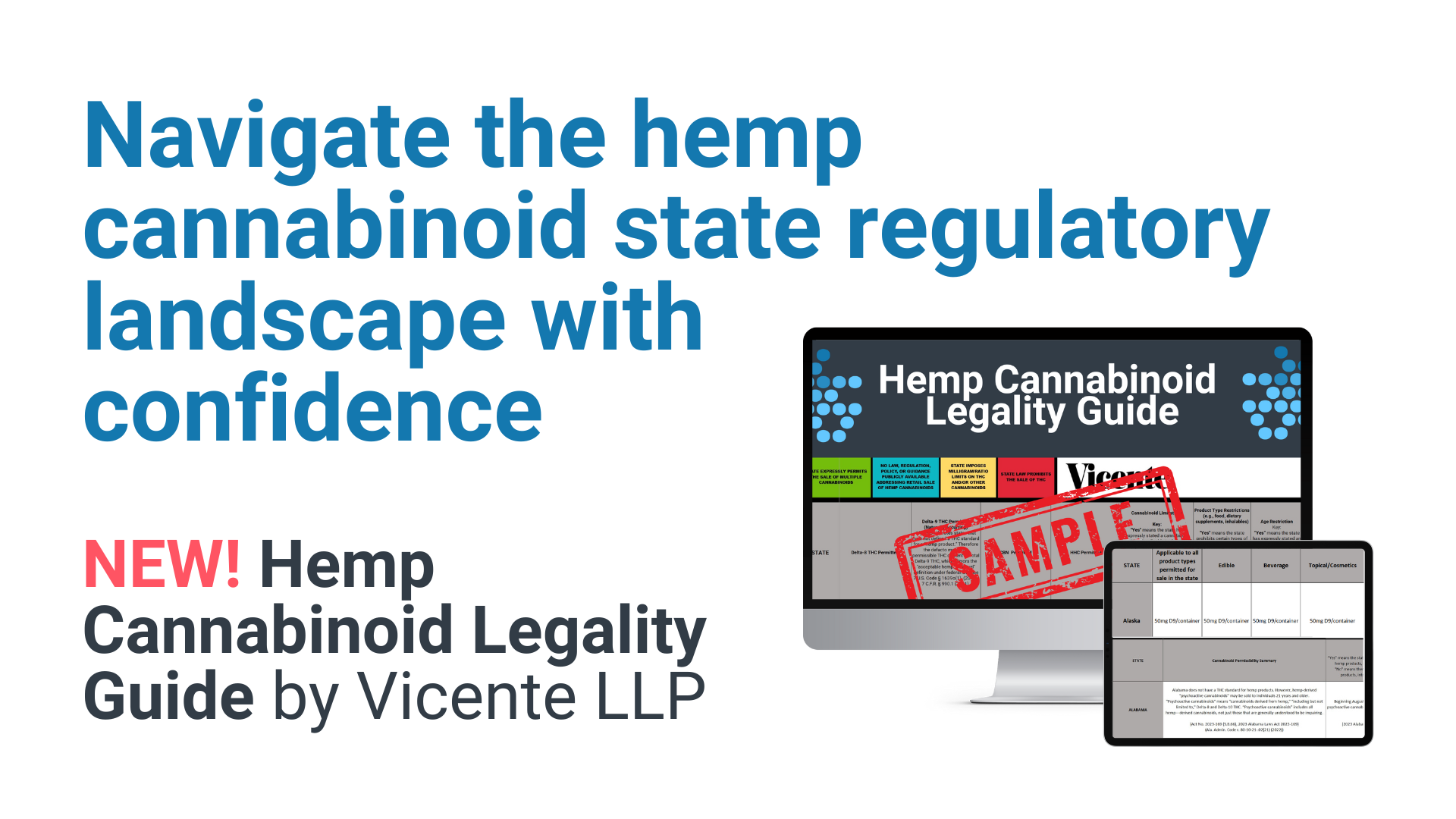Why It’s Crucial for New York Cannabis Entrepreneurs to Communicate with Government Officials
By Jen Flanagan
Aug 4, 2022
To help New York cannabis industry entrepreneurs get their businesses off on the right foot, VS's New York team created an eight-part series of VS Insights to assist in navigating the path to applying for a New York cannabis license. The series covers essential topics for New York cannabis entrepreneurs, such as forming your business, preparing for the license applications, finding appropriate real estate, protecting your brand, qualifying as a social equity applicant, fundraising and investment, and environmental requirements.
Part six of the series focuses on effectively communicating with local and state officials.
One of the most overlooked components of applying for a cannabis license is the importance of interacting with your local and state officials. Having worked in government for the last twenty-five years, and most recently as a Massachusetts Cannabis Commissioner, I have been very interested in understanding government interaction from the perspective of those seeking to enter the cannabis industry.
During my time as a regulator, I made it a point to speak to entrepreneurs trying to enter the industry but noticed that sometimes these individuals seemed nervous or put off when I asked questions. I had similar experiences when I was an elected official, so I've always tried to do what I could to bridge the appeared communication gap between citizens and government officials. If you're interested in entering the New York cannabis industry, I hope I can provide you with some guidance on the importance of building a rapport with your officials through effective communications.
Over the last year, I've had the opportunity to attend various New York cannabis events, and it's clear that New Yorkers are excited about adult-use cannabis legalization. In all of these events, one message really stood out: Involvement by state and local officials is crucial to stakeholders in the New York industry. In fact, each event had attendees from the following government offices and departments:
-
State Senators
-
Assembly Members
-
City Councilors
-
Borough Presidents
-
Community Board Members
-
FDNY
-
Evers College Cannabis Education Task Force
-
NYCGPA Board
It is no secret that applying for a cannabis license can overtake an applicant's daily life, especially while going through the process. Trying to accomplish all of the necessary tasks can be a huge undertaking. However, while many potential licensees are focused on ensuring they have financing, paperwork, and the like in place, the one piece that often gets overlooked is the importance of interacting with public officials.
Knowing the people involved in every part of the process can make all the difference. From the person who has the authority for your site approval, to the authorities who will be responsible for inspecting your facility, to the staff processing paperwork for the state or city office, and even the local police officers who patrol the neighborhood where your business is sited. Creating relationships and having proactive conversations helps any business owner, and it's no different in the cannabis industry.
As a former government official, I believe wholeheartedly in building relationships between public employees and community citizens. We each have a lot to learn from each other, and the only way to do that is to effectively communicate with one another—especially as cannabis continues to be legalized across the country. New York has many local government levels involved in the cannabis industry, so regular communication is key!
Suggestions to help you effectively communicate with public officials:
-
Be respectful.
-
Understand that some of these positions are volunteer, so the response may not be as quick as you'd like.
-
Be knowledgeable and realistic about your proposal and prepared to answer questions.
-
Understand that questions about your project could be a good thing. It means someone would like to understand the issues better.
-
Have all your information ready before the meeting/phone call.
-
Opening a cannabis business means that you may interact with various local and state departments. These departments may not always work in tandem, so there could be delays that are out of the control of the person you speak with.
-
Engaging with local officials from time to time just as an FYI or heads up helps build relationships and can be beneficial down the road if there are any issues
Utilizing these tips can make a world of difference in your interactions with local and state governments. As a cannabis business owner, you will ultimately become a part of the local community, contribute to the state's economic future, and will continue to interact with state and local government for the life of your business. Learning these communication tips early on can make the process easier and make you feel more confident interacting and working with public officials for the betterment of your community.
Jen Flanagan serves as director of regulatory policy for Vicente Sederberg LLP. She has served as a Massachusetts State Senator and State Representative. Jen most recently served as one of the inaugural commissioners on the Massachusetts Cannabis Control Commission, appointed by Governor Charlie Baker in 2017. In this role, she directed the administration of the laws enabling consumer access to medical and adult-use cannabis in the Commonwealth. As the public health appointee to the Commission, Commissioner Flanagan played an extensive role in crafting, implementing, and executing the regulations that guided Massachusetts' nascent cannabis industry.
Read other articles in VS's New York cannabis business series:
-
How to Get Started on Your New York Cannabis Business License Application
-
Starting a Cannabis Business in New York? Don't Forget These Important First Steps
-
How to Find Appropriate Real Estate for Your New York Cannabis Business
-
Trademarking Your New York Cannabis Industry Business and Brand
-
How to Qualify as Justice-Involved for a New York Cannabis Business CAURD License

